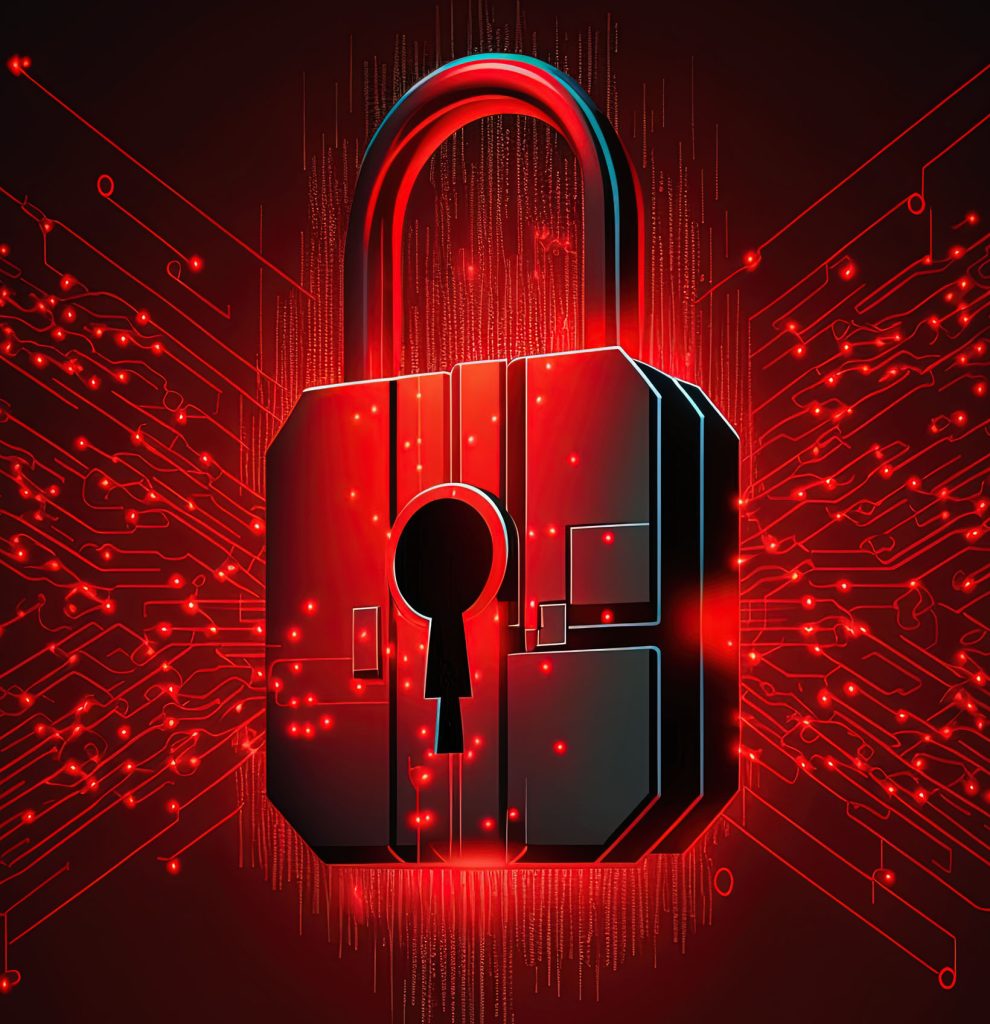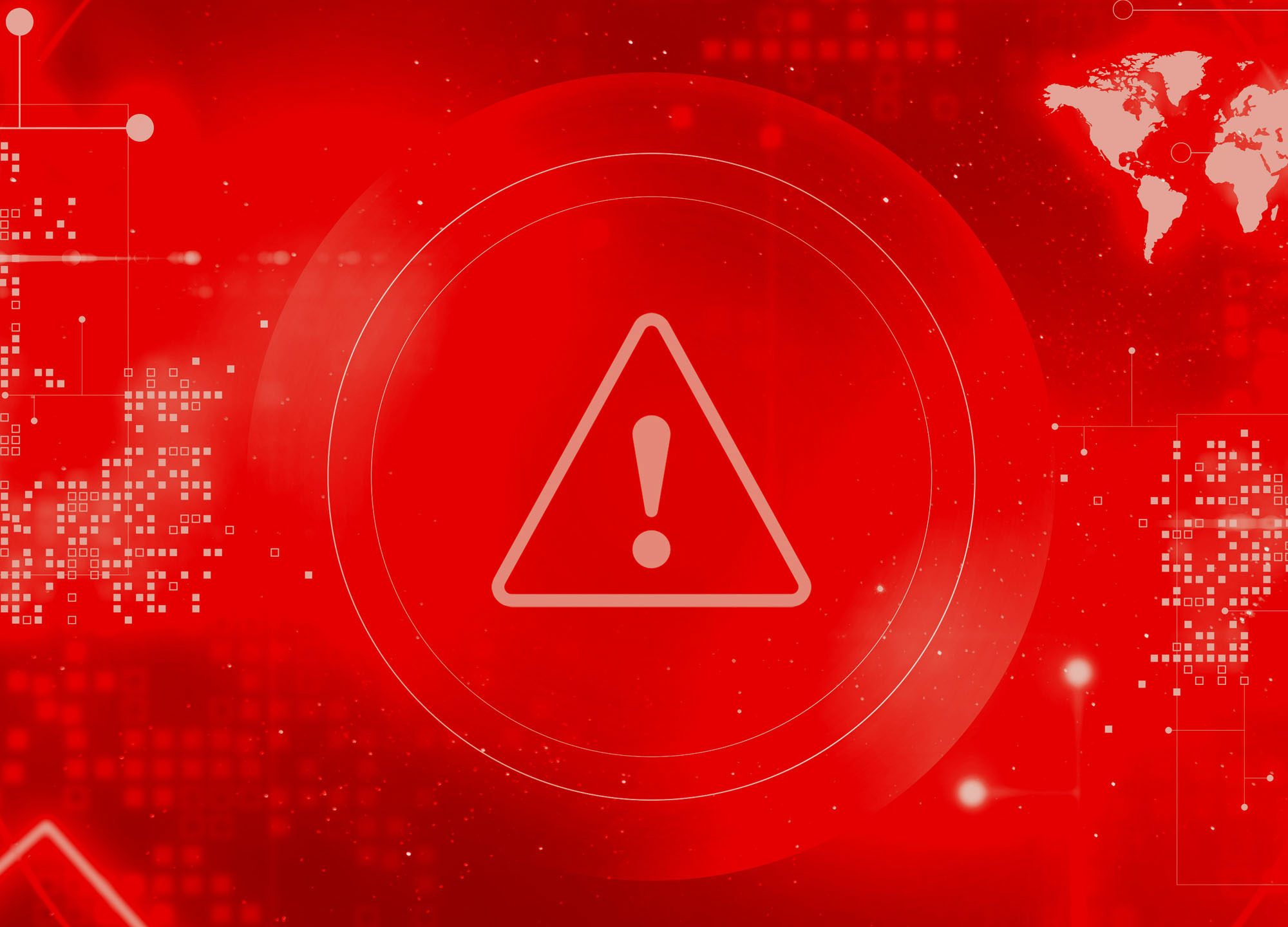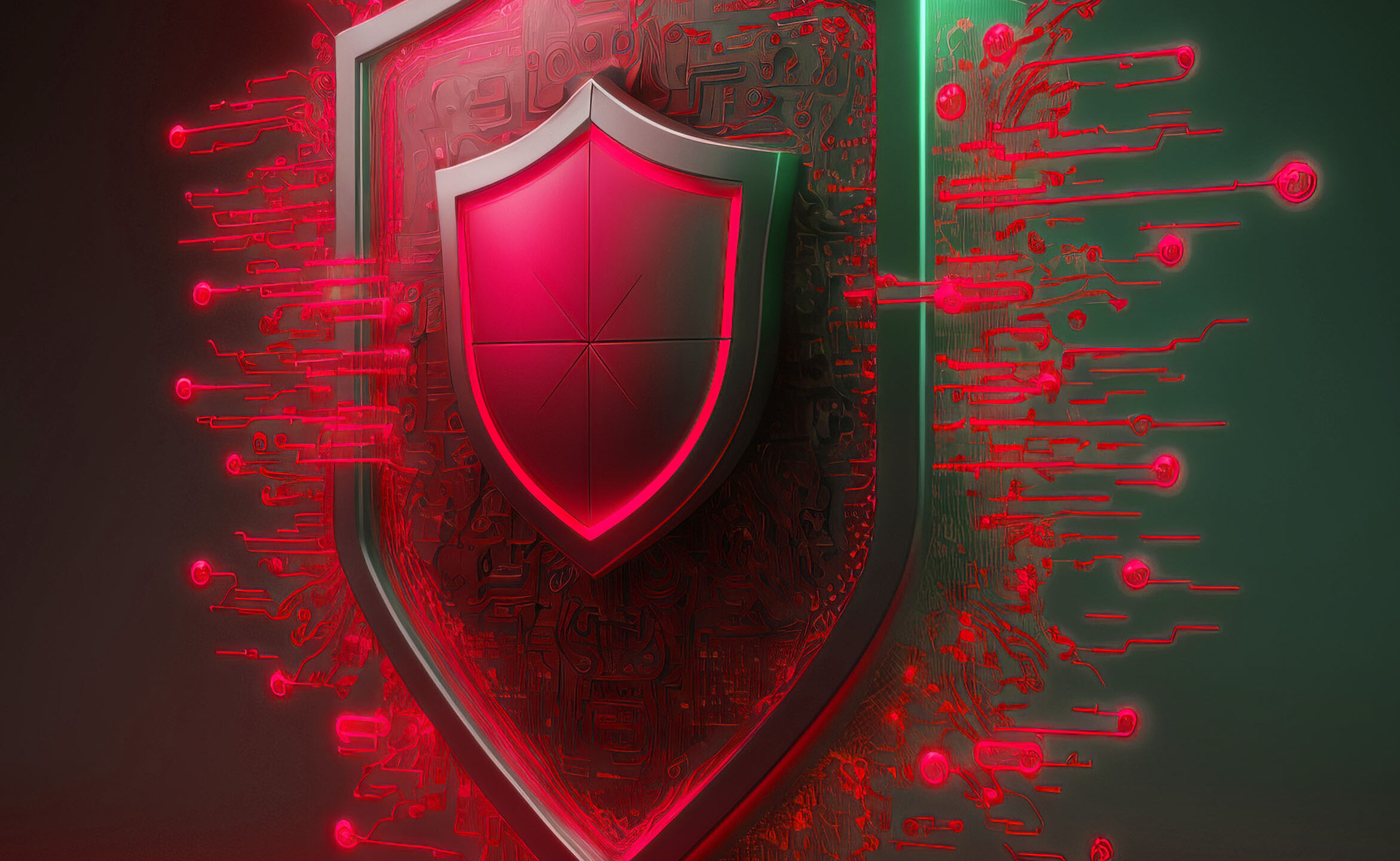What Exactly Does Cyber Security Do?
Cyber security works on multiple fronts to protect information systems, networks, and data from digital attacks. Here's a breakdown of its key functions:
-
Protection: This is the core function. Cyber Security implements safeguards like firewalls, encryption, and access controls to shield devices, networks, and data from unauthorized access, modification, or destruction.
-
Prevention: Cyber Security professionals anticipate threats and take steps to prevent them. This involves vulnerability assessments, patching software, and educating users about safe online practices.
-
Detection: Security measures are designed to identify and alert about cyberattacks in progress. This allows for a quick response to minimize damage.
-
Response: When a cyberattack occurs, cyber security protocols come into play to contain the damage, eliminate the threat, and restore affected systems.
-
Recovery: The goal is to get systems back up and running as quickly and securely as possible after an attack. This includes data backups and disaster recovery plans.
Cyber Security is a layered approach, meaning different methods work together to create a comprehensive defence. It's not just about technology - it also involves people and processes. Training employees on cyber security awareness and implementing secure protocols are crucial aspects of a strong cyber defence.
Cyber Security is all about protecting the things that make up our digital world from bad guys. This includes things like our computers, phones, tablets, and even the giant networks that connect everything together.
Cyber Security professionals work to keep our information safe from being stolen or messed with and to stop criminals from launching attacks that could shut down important systems.
Here are some of the key things cyber security protects:
- Devices: This includes all our personal gadgets like laptops, phones and tablets, but also the servers and critical systems that run businesses and governments.
- Networks: These are the connections that allow all our devices to talk to each other and the internet.
- Data: This is any kind of information that's stored on a computer system, from personal photos and messages to financial records and national secrets.
There are many different ways that cyber security professionals keep us safe. Some of these involve using clever technology to spot and block attacks, while others focus on making sure people know how to protect themselves online.

Keeping Your Business Safe in a Digital World: A Guide to Cyber Security
In today's ever-connected world, businesses of all sizes in Hull and East Riding of Yorkshire rely heavily on technology. From storing sensitive client data to managing online operations, our digital infrastructure is essential for success. However, this reliance comes with a growing threat: cybercrime.
At Genesis Business Systems, a leading IT support and security company in Hull, we understand the importance of safeguarding your business against cyberattacks. Here, we'll delve into the world of cyber security, explaining what it is, why it matters, and how Genesis can help you build a robust defence.
Understanding Cyber Security
Why Cyber Security Matters for Businesses in Hull
Here's why prioritizing cyber security is crucial for businesses in Hull and beyond:
Data Breaches: Cybercriminals target businesses to steal valuable data like customer information, financial records, and intellectual property. A data breach can be extremely costly, leading to fines, lawsuits, and loss of customer trust.
Ransomware Attacks: Ransomware is a type of malware that encrypts your data, rendering it inaccessible. Criminals then demand a ransom payment to decrypt the data. These attacks can cripple your operations and cost a significant amount to resolve.
Phishing Scams: Phishing scams attempt to trick employees into revealing sensitive information or clicking malicious links. These scams can be very convincing and can lead to data breaches and malware infections.
Disruptions and Downtime: Cyberattacks can disrupt your network and IT systems, causing critical downtime. This can lead to lost productivity, revenue loss, and customer frustration.

Building a Strong Cyber Security Defense
Fortunately, there are steps you can take to protect your business from cyber threats. Here are some key elements of a robust cyber security strategy:Firewalls and Intrusion Detection Systems (IDS): These act as a barrier, filtering incoming traffic and blocking unauthorized access attempts.
Data Encryption: Encrypting sensitive information makes it unreadable to unauthorized users, even if they manage to breach your defences.
Regular Backups: Having a backup plan ensures you can restore critical data in case of an attack or system failure.
Vulnerability Management: Regularly assess your systems for vulnerabilities and install security patches promptly.
Employee Training: Educate your employees on cyber security best practices, including password hygiene, phishing scams, and safe online behaviour.
Multi-Factor Authentication (MFA): MFA adds an extra layer of security by requiring a second verification step, like a code from your phone when logging into accounts.
Genesis Business Systems: Your Partner in Hull's Cyber Security Landscape
At Genesis Business Systems, we understand the unique cyber security challenges faced by businesses in Hull and the surrounding areas. We offer a comprehensive suite of cyber security services designed to protect your business:Security Assessments: Our experts will identify vulnerabilities in your systems and recommend appropriate solutions.
Managed Security Services: We offer ongoing monitoring and management of your network security.
Incident Response: In case of an attack, we'll help you contain the damage, recover your data, and get your business back up and running.
Security Awareness Training: We provide tailored training programs to educate your employees on cyber security best practices.




